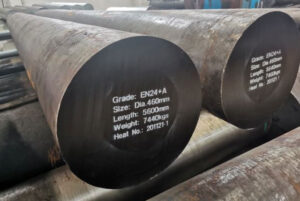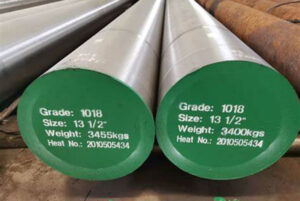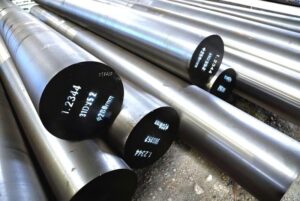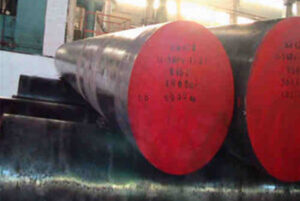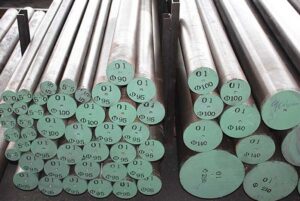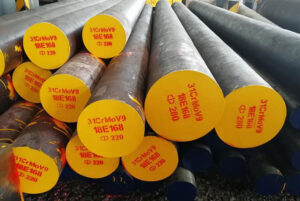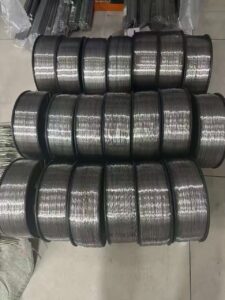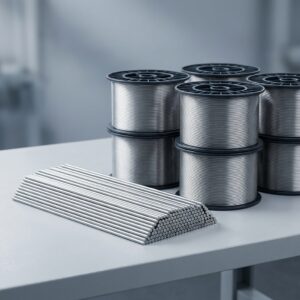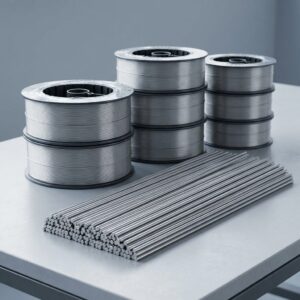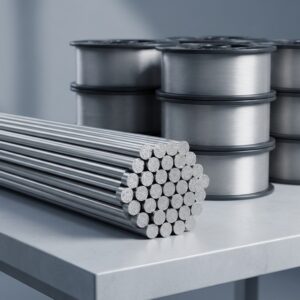Overview
Phynox Nickel-Chromium-Iron Alloy Steel is an extraordinary material with exceptional properties that make it indispensable in various high-performance applications. This unique alloy stands out for its remarkable strength, corrosion resistance, and biocompatibility, making it a top choice in aerospace, medical devices, and other demanding fields. But what exactly makes Phynox so special, and how does it compare to other materials? Let’s dive in and explore the world of Phynox in detail.
What is Phynox Nickel-Chromium-Iron Alloy Steel?
Phynox is an alloy that combines nickel, chromium, iron, and several other elements to create a material that is highly resilient and versatile. It was initially developed for its excellent mechanical properties, including high strength and fatigue resistance, which are crucial for components exposed to extreme conditions.
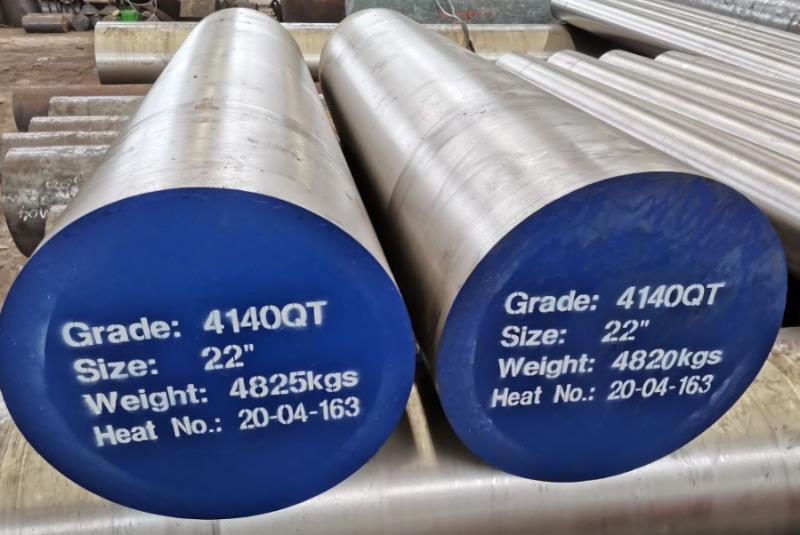
Chemical Composition of Phynox Nickel-Chromium-Iron Alloy Steel
The chemical composition of Phynox is carefully balanced to achieve its unique properties. Here is a breakdown of the primary elements in Phynox:
| Element | Percentage (%) |
|---|---|
| Nickel (Ni) | 40-50 |
| Chromium (Cr) | 19-21 |
| Iron (Fe) | Balance |
| Cobalt (Co) | 15-20 |
| Molybdenum (Mo) | 6-9 |
| Titanium (Ti) | 1-2 |
| Manganese (Mn) | 1-2 |
| Silicon (Si) | 1-2 |
| Carbon (C) | 0.05-0.15 |
The unique combination of these elements gives Phynox its outstanding properties, setting it apart from other alloys.
Applications of Phynox Nickel-Chromium-Iron Alloy Steel
Phynox’s impressive characteristics make it suitable for a wide range of applications. Here are some common uses:
| Industry | Application |
|---|---|
| Aerospace | Springs, fasteners, and turbine blades |
| Medical | Surgical implants, orthodontic wires |
| Automotive | Valve springs, exhaust systems |
| Electronics | Connectors, relays |
| Oil & Gas | Drill bits, tubing |
Mechanical Properties of Phynox Nickel-Chromium-Iron Alloy Steel
Phynox is celebrated for its mechanical robustness. Below is a table summarizing its key mechanical properties:
| Property | Value |
|---|---|
| Tensile Strength | 2000 MPa |
| Yield Strength | 1400 MPa |
| Elongation at Break | 10% |
| Hardness | 50-55 HRC |
| Fatigue Strength | 650 MPa |
| Young’s Modulus | 220 GPa |
| Density | 8.3 g/cm³ |
These properties ensure that Phynox can withstand intense stress and strain, making it ideal for critical applications.
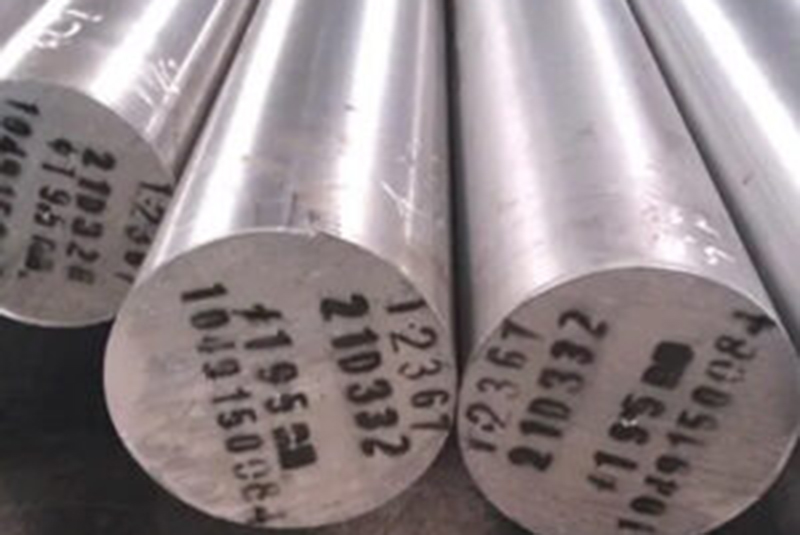
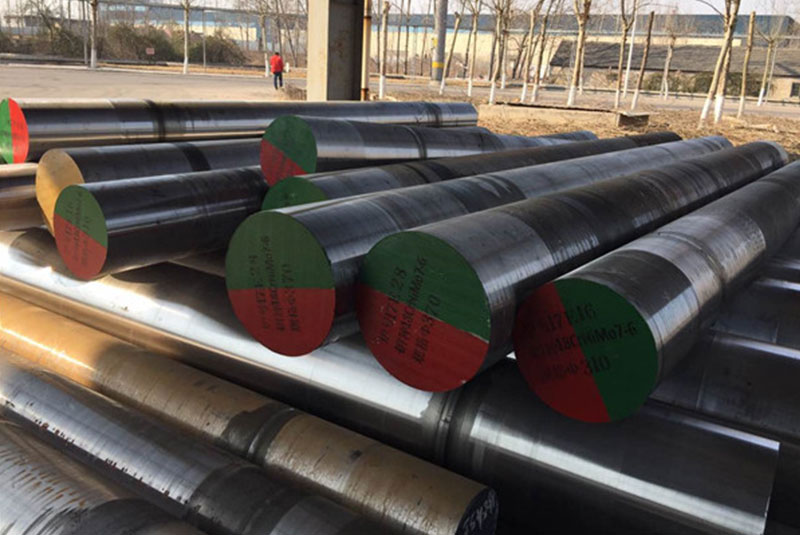
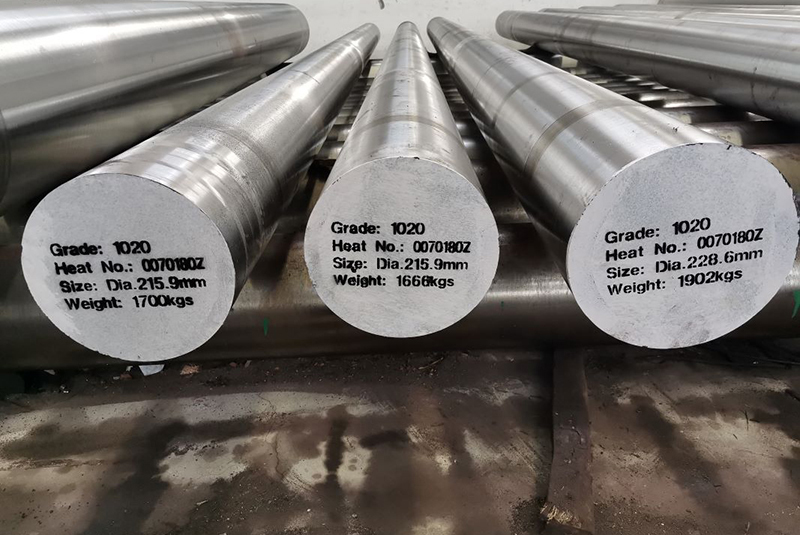
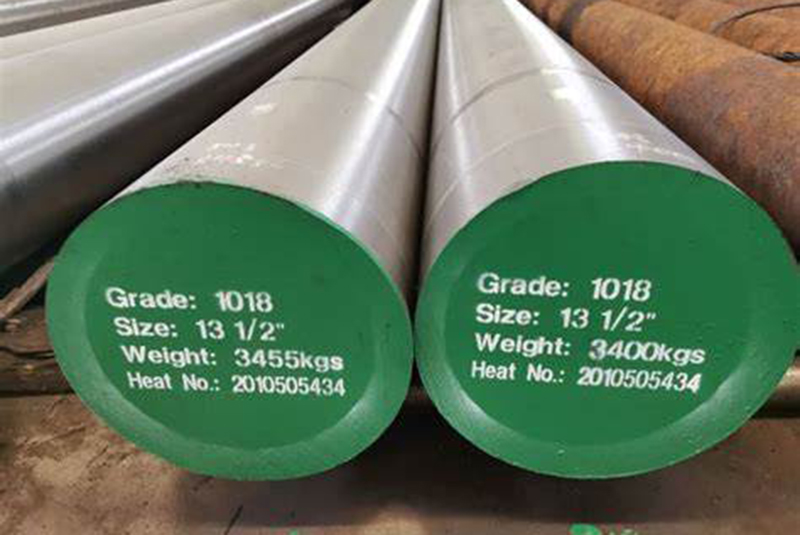
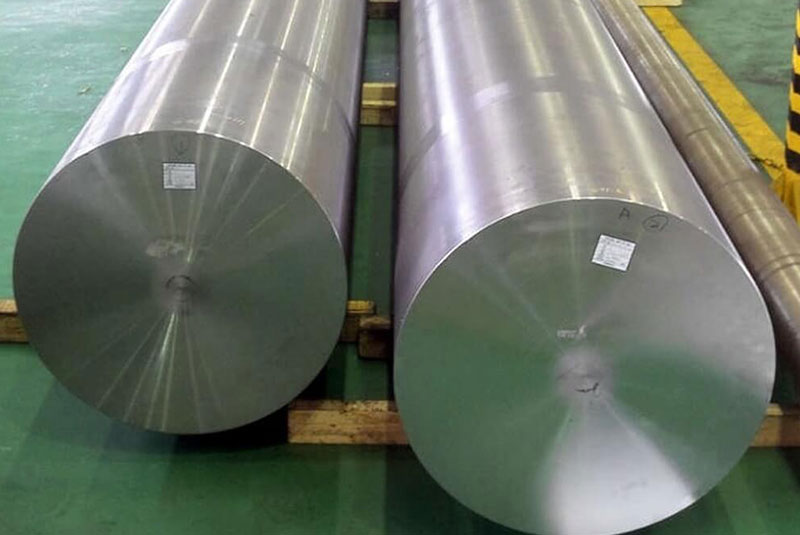
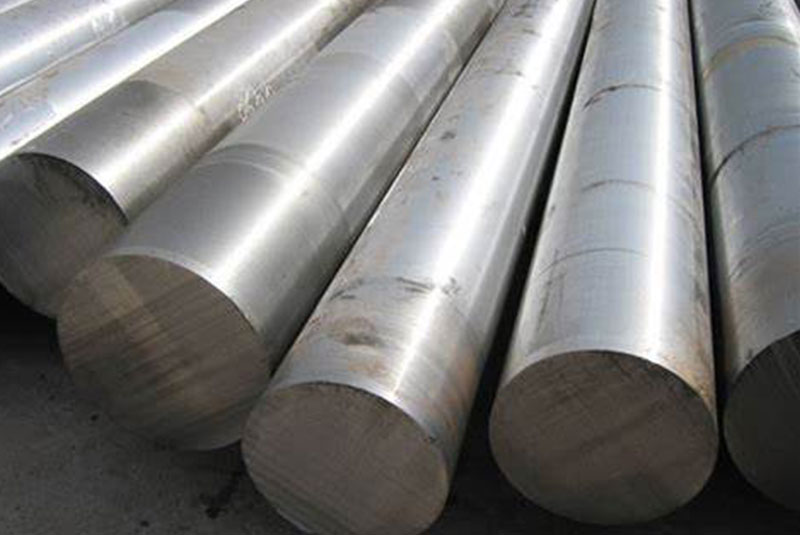
Heat Treatment of Phynox Nickel-Chromium-Iron Alloy Steel
Heat treatment processes can enhance the properties of Phynox, making it even more versatile for various applications. Here’s an overview of the common heat treatment processes for Phynox:
| Process | Temperature (°C) | Duration | Outcome |
|---|---|---|---|
| Solution Annealing | 980-1020 | 1-2 hours | Increased ductility and toughness |
| Aging | 450-550 | 4-8 hours | Enhanced strength and hardness |
| Stress Relieving | 600-700 | 2-3 hours | Reduced residual stresses |
Suppliers and Pricing of Phynox Nickel-Chromium-Iron Alloy Steel
Phynox is available from various suppliers around the world. Pricing can vary based on quantity, form, and supplier. Here’s a snapshot of some suppliers and their pricing:
| Supplier | Location | Price per kg ($) | Minimum Order Quantity |
|---|---|---|---|
| Advanced Alloys | USA | 150 | 10 kg |
| Euro Steel | UK | 140 | 5 kg |
| Nippon Alloys | Japan | 160 | 20 kg |
| Global Metals | Germany | 155 | 15 kg |
Advantages and Disadvantages of Phynox Nickel-Chromium-Iron Alloy Steel
While Phynox offers many benefits, it also has some drawbacks. Here’s a comparison of its advantages and disadvantages:
| Advantages | Disadvantages |
|---|---|
| High strength and fatigue resistance | High cost |
| Excellent corrosion resistance | Difficult to machine |
| Biocompatibility | Limited availability |
| Good thermal stability | Requires precise heat treatment |
| Long service life | Heavy compared to some alternatives |
In-Depth Look at Phynox Properties
Corrosion Resistance
Phynox’s corrosion resistance is one of its standout features. Its ability to withstand harsh environments makes it ideal for use in marine and chemical processing industries. Compared to stainless steel, Phynox exhibits superior performance in both acidic and basic environments. This makes it a preferred choice for components that are exposed to seawater or chemical agents.
Biocompatibility
One of the reasons Phynox is widely used in the medical field is its biocompatibility. Unlike some metals that can cause allergic reactions or corrosion when implanted in the human body, Phynox is highly biocompatible, reducing the risk of adverse reactions. This property is crucial for surgical implants and orthodontic devices, where material compatibility with human tissue is essential.
Mechanical Strength
Phynox’s mechanical strength is a key factor in its widespread use. Its high tensile and yield strengths mean it can handle significant stress without deforming or breaking. This makes it perfect for springs and fasteners in the aerospace and automotive industries, where reliability and durability are critical.
Thermal Stability
Phynox retains its properties over a wide temperature range, making it suitable for applications involving extreme heat or cold. Its thermal stability ensures that it maintains its strength and corrosion resistance even at high temperatures, which is crucial for components in turbine engines and exhaust systems.
Heat Treatment Techniques
Heat treatment can significantly enhance Phynox’s properties, tailoring them to specific applications.
- Solution Annealing: This process involves heating the alloy to a high temperature and then rapidly cooling it. Solution annealing increases the ductility and toughness of Phynox, making it easier to form and machine.
- Aging: Aging is a heat treatment process that increases the strength and hardness of Phynox. By heating the alloy at a lower temperature for a longer period, the internal structure changes, enhancing its mechanical properties.
- Stress Relieving: This process reduces residual stresses in the material, which can improve its overall performance and longevity. Stress relieving is particularly important for components that will be subject to high stress or fatigue.
Comparing Phynox with Other Alloys
How does Phynox stack up against other common alloys? Let’s compare it with some well-known alternatives:
Phynox vs. Stainless Steel
- Corrosion Resistance: Phynox outperforms stainless steel in more aggressive environments.
- Strength: Phynox has higher tensile and yield strength.
- Cost: Phynox is more expensive due to its complex composition and processing.
Phynox vs. Titanium
- Strength: Both alloys are strong, but Phynox has a higher fatigue strength.
- Biocompatibility: Both are highly biocompatible, but Phynox is less likely to cause allergic reactions.
- Weight: Titanium is lighter, making it better for weight-sensitive applications.

FAQs
| Question | Answer |
|---|---|
| What are the main benefits of using Phynox? | Phynox offers high strength, excellent corrosion resistance, biocompatibility, and good thermal stability, making it versatile for various industries. |
| Is Phynox suitable for medical implants? | Yes, Phynox is highly biocompatible, making it ideal for surgical implants and orthodontic devices. |
| How does Phynox compare to stainless steel? | Phynox has better corrosion resistance and higher strength but is more expensive than stainless steel. |
| Can Phynox be machined easily? | Phynox is more challenging to machine due to its hardness and strength, requiring specialized equipment and techniques. |
| What industries commonly use Phynox? | Phynox is used in aerospace, medical, automotive, electronics, and oil & gas industries. |
| What is the heat treatment process for Phynox? | Common heat treatment processes include solution annealing, aging, and stress relieving to enhance its properties. |

